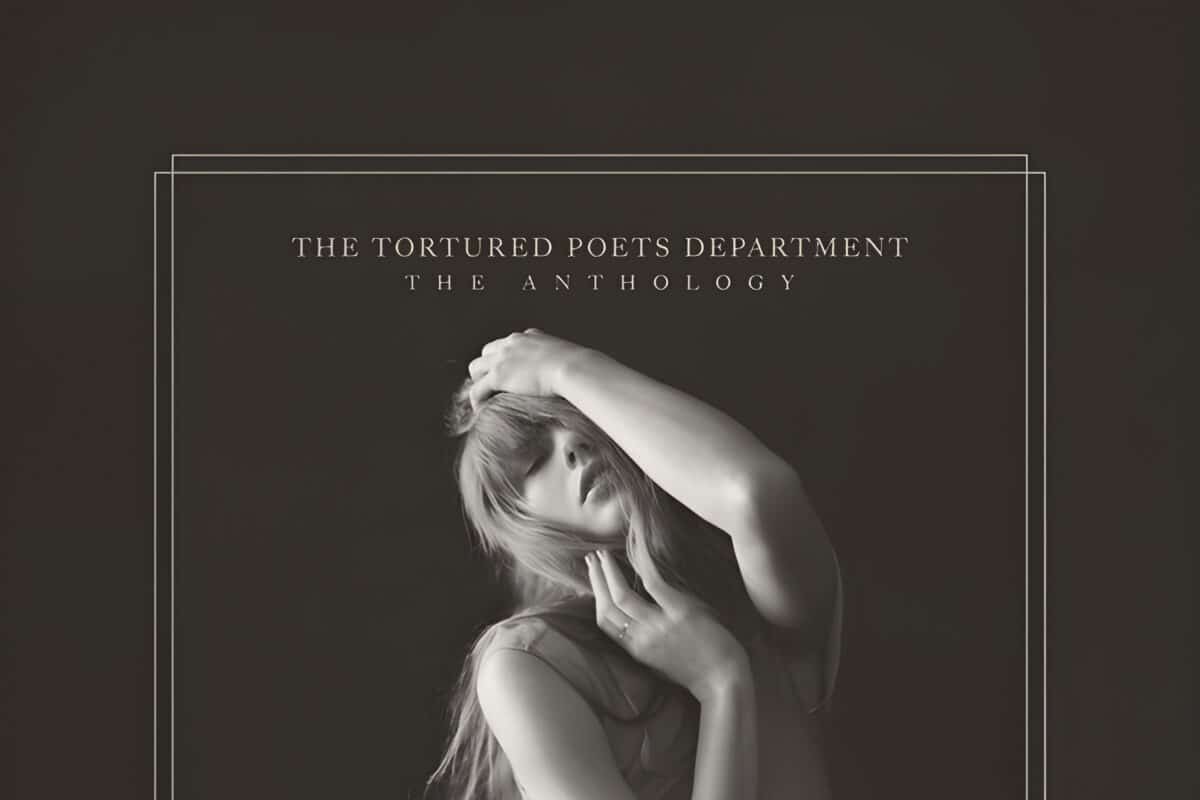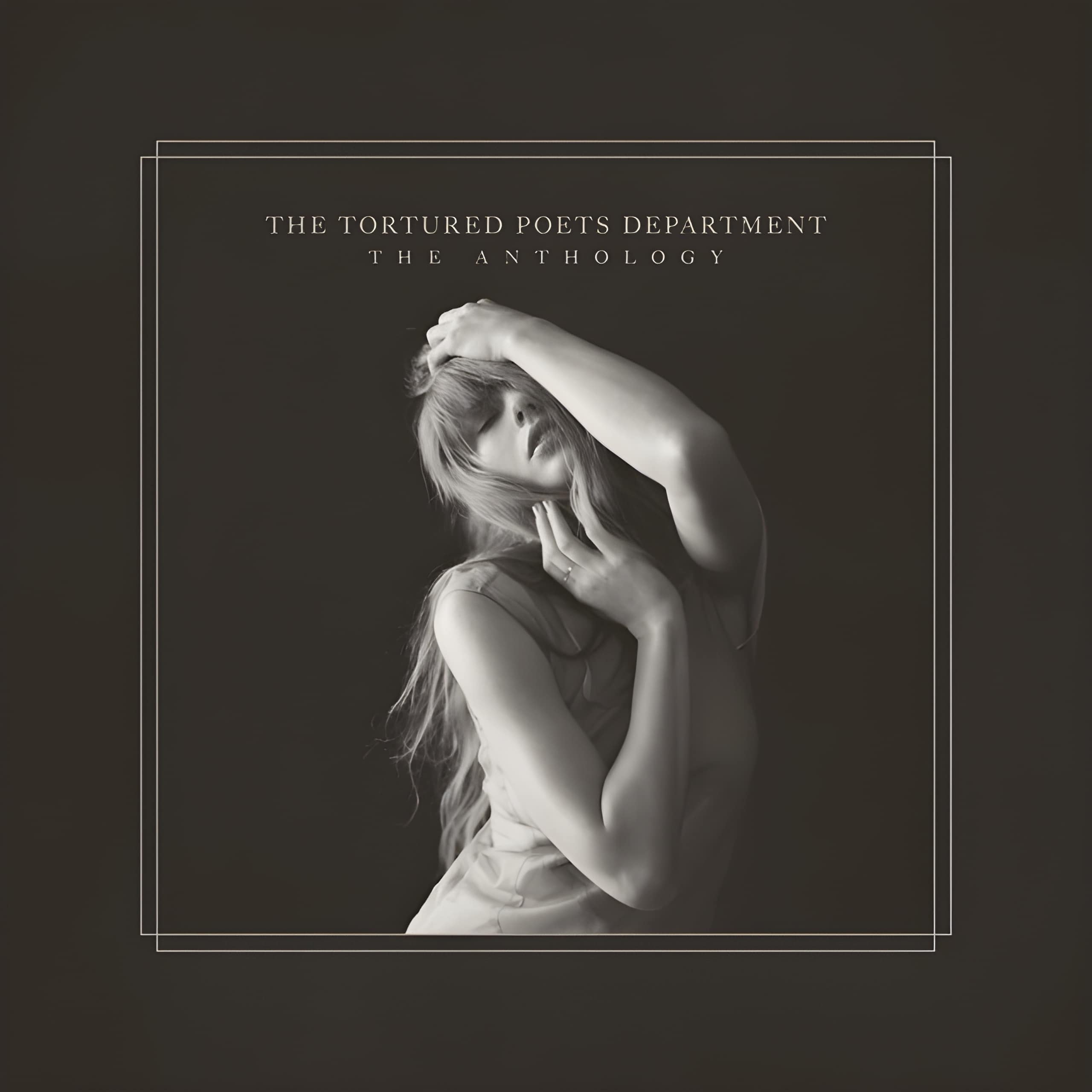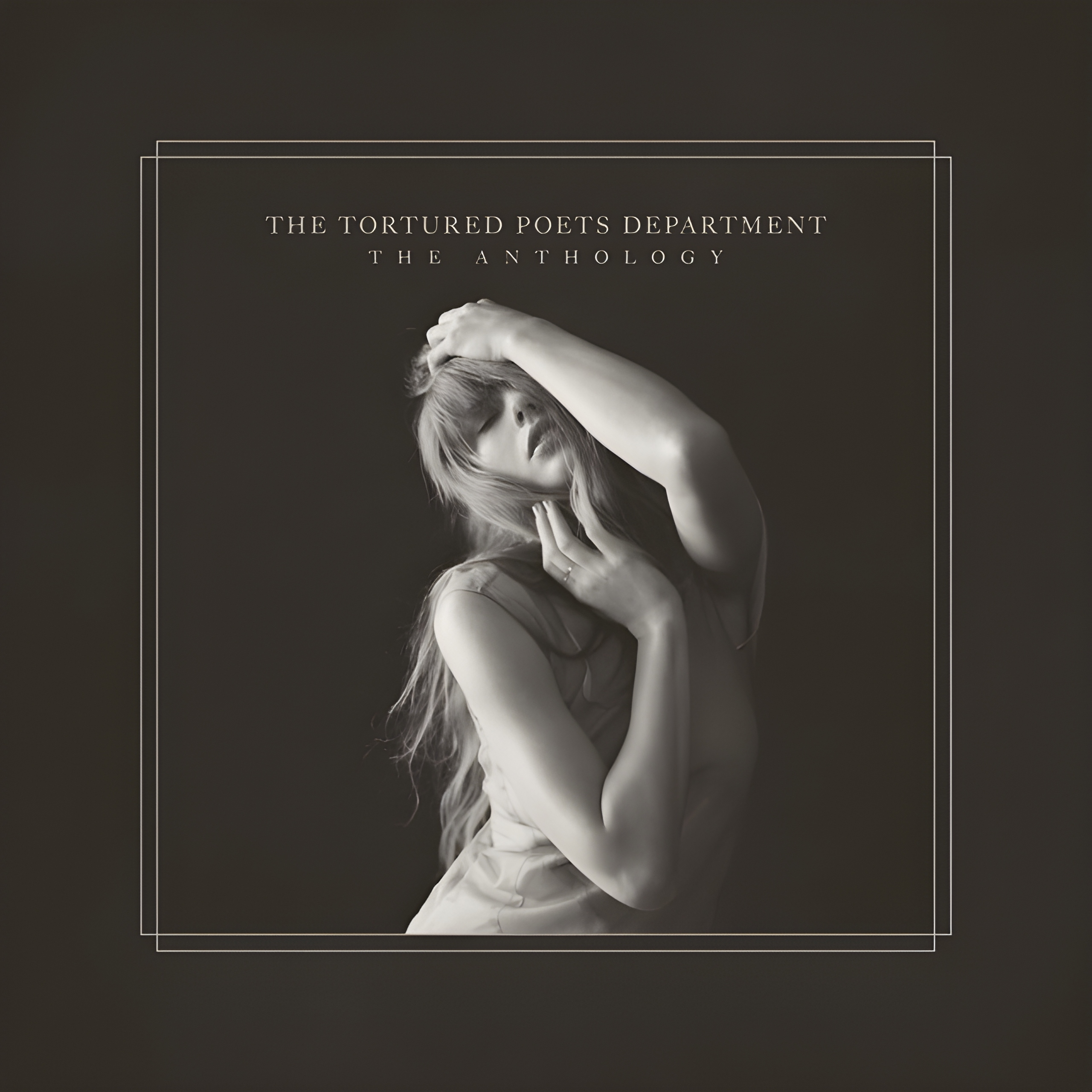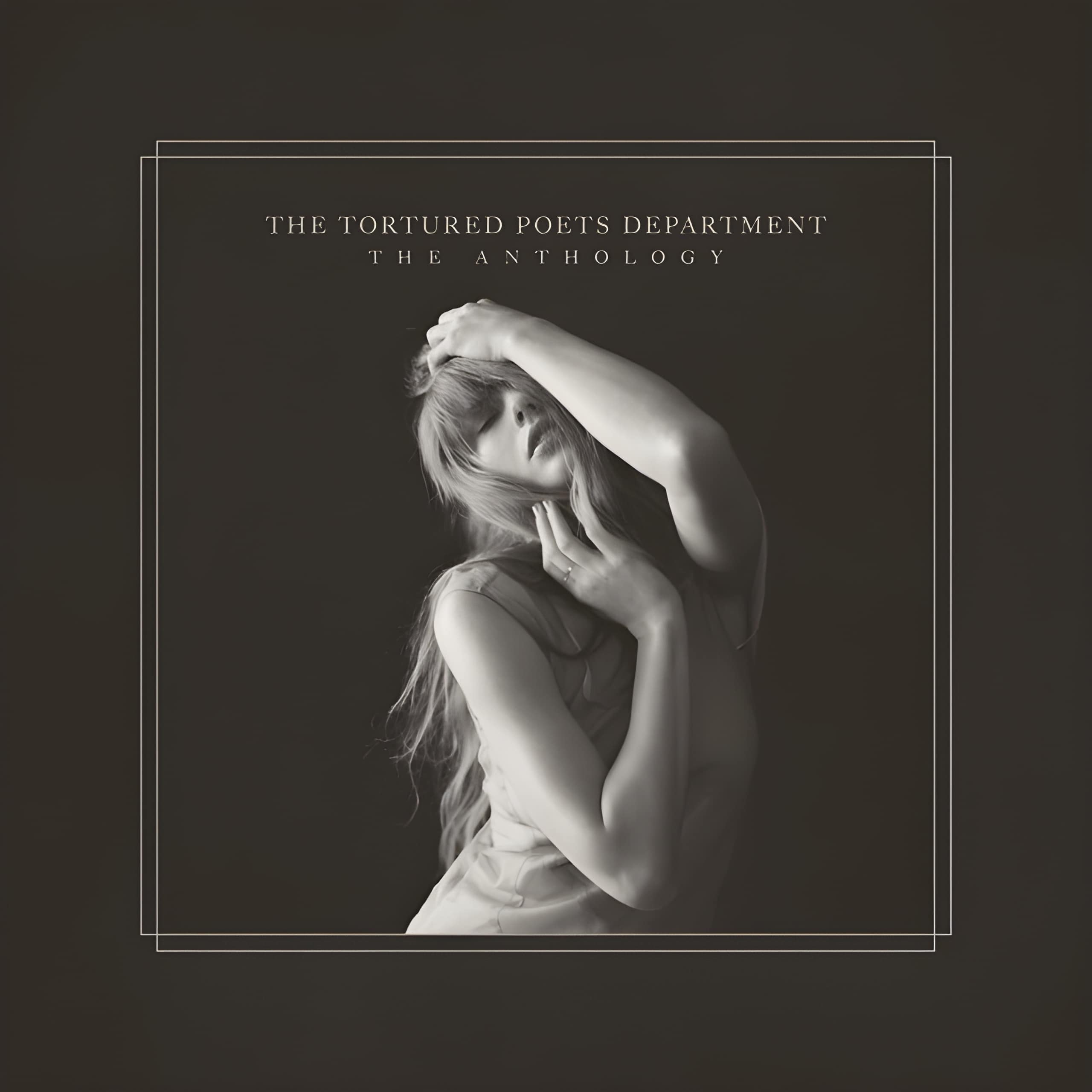Released: 2024
“The Prophecy” by Taylor Swift stands as an intimate examination of her struggle with predestined outcomes and the desire for change. It is a poetic confession of vulnerability and a plea for rewriting destiny.
The song kicks off with Swift’s metaphoric line, “Hand on the throttle / Thought I caught lightning in a bottle”. She initially portrays herself as in control (the throttle), only to realize the unpredictability of her life (catching lightning in a bottle is an idiom for achieving something nearly impossible). The fleeting nature of her victory echoes in the words “Oh, but it’s gone again”.
Her reference to the Biblical Eve’s curse, “I got cursed like Eve got bitten,” hints at her feeling of powerlessness or undeserved punishment. This line not only roots Swift’s personal narrative in a universally understood tale but also establishes her perceived victimhood.
“I guess a lesser woman would’ve lost hope / A greater woman wouldn’t beg” shows the dichotomy between despair and dignity. Swift identifies with neither, instead finding herself in a liminal space, begging for change.
The artist’s harsh self-criticism emerges when she compares herself to an “infant” and conveys a sense of diminishing self-worth and fading hope. She employs powerful metaphors: “the very last drops of an ink pen” symbolizes her draining creative energy, “howling like a wolf at the moon” reveals her feeling of being emotionally lost and wild, and “statues crumble if they’re made to wait confirms her fear of staleness and insignificance.
Her plea, “Please / I’ve been on my knees / Change the prophecy,” represents her wish to alter her predetermined fate. The repeated “Don’t want money / Just someone who wants my company / Let it once be me,” clarifies her longing isn’t materialistic, but rather for love and acceptance.
‘Prophecy’ is her life narrative, set in stone by outside factors. The song echoes with a recurring query: “Who do I have to speak to / About if they can redo / The prophecy?” This unveils Swift’s frustration and desperation for a different outcome.
Concluding with a repetition of the initial verses, Swift brings us full circle to her initial uncertainty. This cyclical pattern reinforces the stagnancy she feels against the prophecy and the unshakeable inevitability of her fate, underlining the strength of this introspective ballad.








